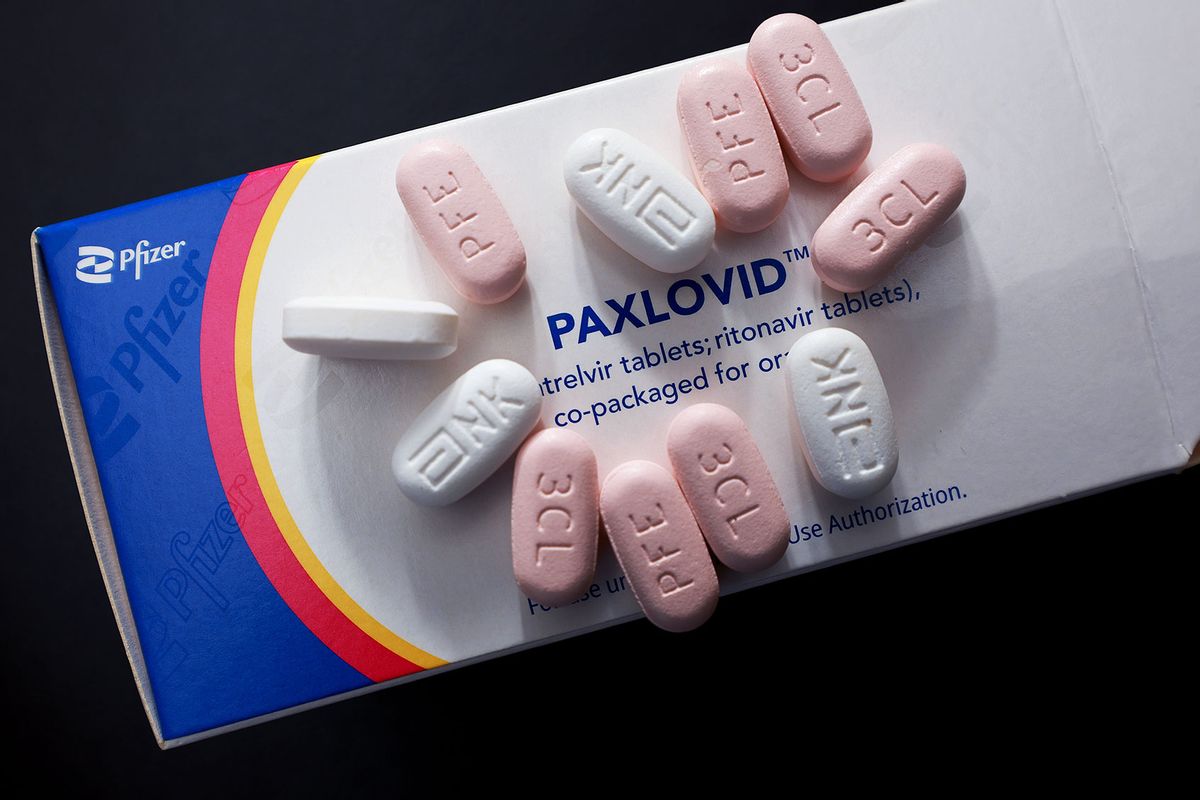Pfizer — the American pharmaceutical company that helped manufacture the COVID-19 vaccine — announced on Wednesday that it is hiking the price of its antiviral drug Paxlovid to $1,390 per course, starting in 2024. In a story first reported by The Wall Street Journal, a company spokesman confirmed that Pfizer plans on more than doubling the $529 that the federal government paid for Paxlovid. The current price is what customers can expect to pay before rebates and discounts to both pharmacy benefit managers and insurers. It is a stark contrast to American policy on Paxlovid during the height of the COVID-19 pandemic; starting in December 2021, the government had purchased and distributed Paxlovid to the public for free. Pfizer insists that its new policy will not create accessibility issues.
“As always, Pfizer’s goal is to ensure broad and equitable access to our medicines. We are working diligently with payers to achieve the best possible formulary placement for Paxlovid, resulting in low OOP [out-of-pocket] costs for patients,” a company spokesperson said in a statement to CNBC.
Although commonly described as one drug, Paxlovid is actually two different drugs that are packaged together — nirmatrelvir and ritonavir.
"It's a pill that's taken for five days and that works by interfering with the way the virus processes its proteins," Dr. Amesh Adalja, a senior scholar at the Johns Hopkins Center and infectious disease doctor, told Salon last year. He added that it has been "highly effective at preventing severe disease, hospitalization and death and high-risk individuals."



Shares